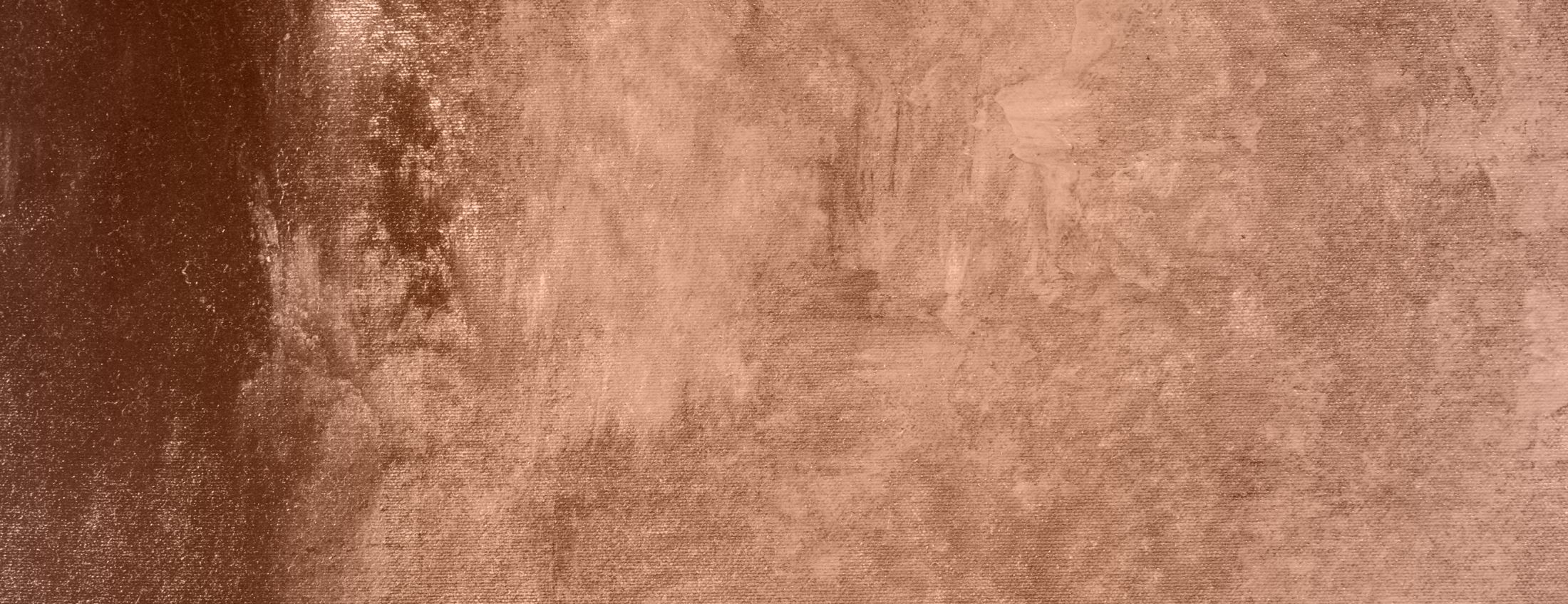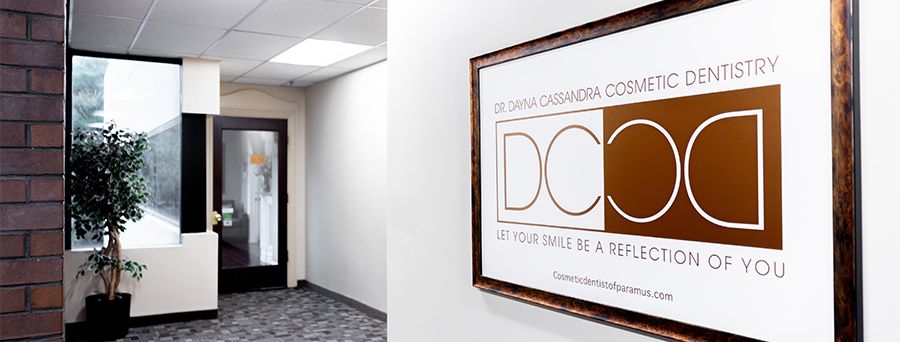Minimally Invasive Dentistry

At Dr. Dayna Cassandra and Associates, we believe in preserving your natural teeth whenever possible. Our commitment to minimally invasive dentistry allows us to deliver exceptional results with minimal discomfort and tooth structure removal. Our skilled dentists utilize gentle techniques and scientific advances to provide gentle, effective dental care.
At Dr. Dayna Cassandra & Associates, we proudly provide exceptional general and cosmetic dental care to patients in Paramus, Westwood, Washington Township, Oradell, Woodcliffe Lake, Parkridge, Montvale, Maywood, Hackensack, River Edge, Fair Lawn, Allendale, Ridgewood, HoHoKus, Waldwick, Saddle River, Upper Saddle River, Ramsay, Mahwah, Teaneck, Englewood, Alpine, and throughout Bergen County, NJ and Rockland County, NY. Your smile is our priority, no matter where you are!
Minimally invasive dentistry focuses on preserving as much of your natural tooth structure as possible with minimal dentist intervention. It involves using advanced techniques and new diagnostic tools to treat dental issues at their earliest stages. This approach includes preventive measures, early problem detection, and treatments requiring minimal tooth preparation. At our Paramus office, our dentists use state-of-the-art technology to implement these conservative methods, ensuring effective treatment while maintaining the integrity of your teeth.

As part of our commitment to providing a comfortable and convenient treatment experience, we offer onlays and inlays using advanced CEREC technology, allowing us to restore your tooth in just one visit.
Onlays and inlays are a minimally invasive alternative to full-coverage crowns, designed to repair and protect your tooth while preserving as much natural structure as possible.
Benefits of CEREC include:
Discover how onlays and inlays with CEREC can restore your smile beautifully and effectively while preserving the health of your natural teeth. Schedule a consultation today with Dr. Dayna Cassandra & Associates!

When you visit our dentists, we start with a thorough examination using digital X-rays, intraoral cameras, or laser detection devices to deliver a risk assessment that lets us identify issues at their earliest stages.
If clinical dentistry is needed, our dentists try to preserve as much of the patient's healthy tooth structure as possible. This might involve air abrasion instead of traditional drill options, laser treatments, or advanced bonding materials. Our procedures are typically less invasive, more comfortable, and often require less time in the dental chair.
Minimally invasive dentistry can address a wide range of dental issues. It's particularly effective for treating early-stage cavities using remineralization techniques or small, precise fillings. We also use minimally invasive approaches for gum disease treatment, cosmetic improvements, and even some restorative procedures. This method is ideal for addressing tooth sensitivity, minor chips or cracks, and early signs of decay or wear.
Minimally invasive dentistry primarily focuses on the teeth, gums, and overall oral cavity. However, its benefits extend beyond just the mouth. By preserving natural tooth structure and addressing issues early, we help maintain proper bite alignment, which can prevent jaw problems and headaches. The conservative nature of these treatments also means less stress on your body, contributing to your general well-being.
Minimally invasive dentistry offers numerous benefits. It preserves more of your natural tooth structure, which is always the best material for your teeth.
This approach often results in less discomfort during and after procedures. Treatment times and recovery periods are typically shorter. There's usually less need for anesthesia, making the experience more comfortable. Long-term, this approach can lead to stronger teeth, reduced risk of complications, and potentially fewer major dental procedures in the future.

Most patients are excellent candidates for minimally invasive dentistry. This approach is particularly beneficial for those in the early stages of dental issues, such as small cavities or initial signs of gum disease. It's also ideal for patients who want to maintain their natural teeth for as long as possible. Even if you have more advanced dental problems, minimally invasive techniques can often be part of your treatment plan. We assess each patient individually to determine the most appropriate and conservative treatment options.

One major advantage of minimally invasive dentistry is the reduced recovery time. Most patients experience minimal discomfort after procedures and can return to normal activities immediately. In cases where treatment is needed, any sensitivity or minor discomfort typically resolves quickly. We provide specific aftercare instructions for each procedure to ensure optimal healing and results.
The results of minimally invasive dentistry are designed to be long-lasting while preserving your natural tooth structure. By addressing issues early and conservatively, we help maintain the strength and integrity of your teeth. This can lead to fewer dental problems in the future and help you keep your natural teeth for life. Regular check-ups allow us to monitor your oral health and provide ongoing minimally invasive care as needed.
The cost of minimally invasive dentistry can vary depending on the specific procedures involved. However, it may save you money in the long term by preserving tooth structure and preventing the need for more extensive treatments.
While minimally invasive dentistry focuses on preserving tooth structure, it can be used to treat a variety of dental conditions, including some severe cases. Your dentist will determine the best treatment plan based on your individual needs.
Minimally invasive dentistry focuses on preserving tooth structure and overall oral health, while cosmetic dentistry primarily addresses the aesthetic appearance of your teeth. However, many minimally invasive procedures can also enhance the look of your smile.
Yes, it's particularly beneficial for children as it helps preserve their developing teeth and can make dental visits less stressful.
We typically recommend check-ups every six months, but this can vary based on individual needs.
Many cosmetic procedures can be performed using techniques that preserve more of your natural tooth structure.
We use high-quality, biocompatible materials that are safe and durable.
